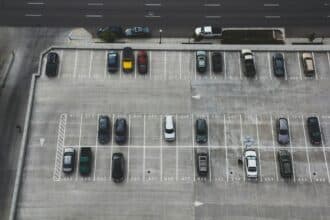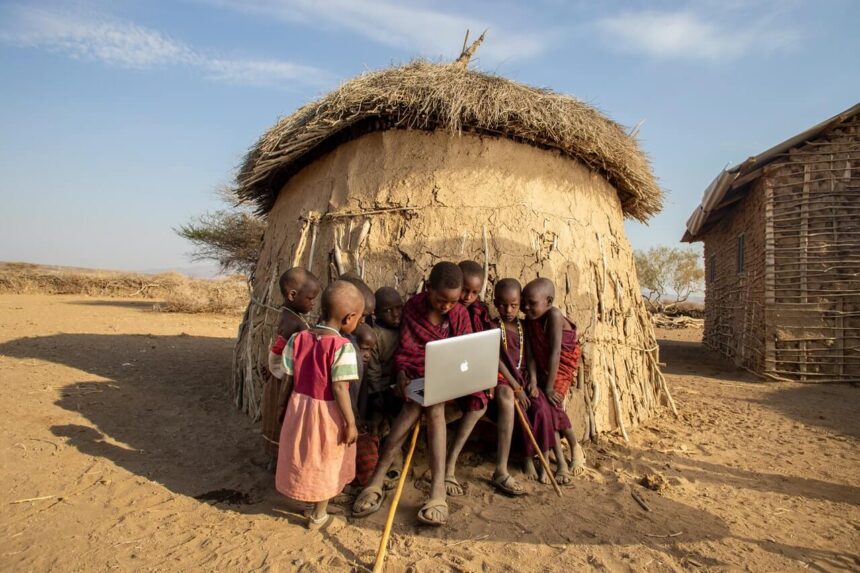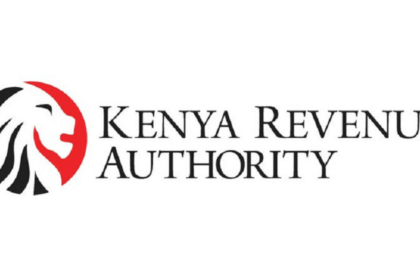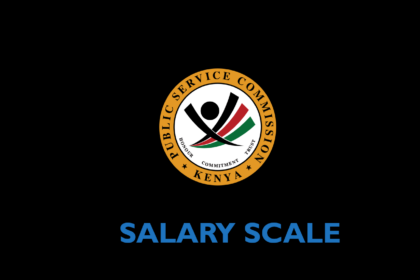Today, we will look at factors hindering economic development in Africa.
We will define and describe these factors and give examples of each, both past and present.
It is important to note that this article is not about the lack of resources in Africa for economic development. Some countries are without many resources; we can see other African countries with abundant natural resources have not grown as quickly as they should.
Therefore, this article will focus more on the political and social factors hindering economic development in Africa, which can be controlled or influenced by policymakers.
What is Economic Development?
According to Sen, “economic development is about creating freedom for people and removing obstacles to greater freedom. Greater freedom enables people to choose their destinies. Obstacles to freedom and development include poverty, lack of economic opportunities, corruption, poor governance, lack of education, and lack of health.”
Factors Hindering Economic Development in Africa
The following are the major factors hindering development in Africa. I based the factors listed here on the economicshelp.org article.
1. Education
The levels and standards of education have been low in Africa. These levels result from the lack of good governance, which provides a conducive environment for education to flourish.
Many children are deprived of education because of poverty and poor infrastructure, especially after conflicts or disasters that damage school facilities. This creates problems for post-secondary students who struggle with the high costs of school. There is a high rate of illiteracy among adults in Africa.
2. Political Stability / Law and Order
Political unrest and civil wars have been a problem for many African countries. The instability has affected economic development since it prevents the government from effectively planning and enforcing policies.
A lack of law and order sometimes results in poor business practices, such as corruption. Lack of good governance also adds to the other factors listed here.
3. Poor Infrastructure Development
Poor infrastructure, such as roads and water supply, affectss economic development. Roads are poor and congested; the transport of goods is expensive, sometimes too costly to be profitable. Poor roads prevent people from accessing medical care and educational opportunities effectively.
Africa has an uneven distribution of resources, making it hard to provide adequate public services and investments.
Trade is challenging to regulate, making it vulnerable to corruption. The economy in Africa suffers when trade routes are disrupted by political unrest or rebel attacks. Good infrastructure can encourage investment and economic development in Africa. Investments in infrastructure will cause employment for the locals who will work hard. By providing more job opportunities, there is a chance to reduce poverty and improve the living standard.
4. Corruption / Poor Governance
One of the factors hindering economic development in Africa is corruption. This factor affects economic growth in Africa because most of the funds intended for development are lost through corruption. Corruption occurs when government officials misappropriate public funds, making it difficult to achieve its goals. It is also an obstacle to good governance.
5. Natural Disasters / Climate Change
Natural disasters have led to population displacement, poverty, and food insecurity in some countries. For example, drought areas of the Horn of Africa have been facing famine for several years because of conflicts that prevent population access to water sources.
The scarcity of crops caused by climate change is another challenge affecting economic development in Africa. Climate change has affected the amount of rainfall, causing food insecurity throughout the continent.
6. Trade Policy / Trade Blockades
African countries are sometimes subject to trade blockades that prevent them from accessing international markets or resources because of political tensions within their regions. Trade blockades affect the economy by limiting trade practices. This causes a lack of investment and unemployment, which reduces government revenue since fewer taxes are collected.
7. A Dependency on Raw Material Exports
We know Africa’s natural resource exports such as diamonds, petroleum, and copper. Unfortunately, some African countries have become heavily reliant on exporting raw materials to other countries.
Since most of the revenue is gained from exporting raw materials, this limits economic development within the country because they have little control over the price of their resources in international marketplaces. It negatively impacts the environment by incentivizing resource extraction rather than sustainable land management practices.
8. Disease Burden
The HIV epidemic has caused economic development to be hindered in some African countries. The economy suffers from decreased available labor and productivity with many HIV-positive people. In addition, a high number of individuals infected with AIDS reduces household earnings since grandparents or neighbors often care for children rather than parents.
9. Diaspora Remittances
Diaspora remittances refer to money sent from individuals living or working abroad. This has positively affected the economy of some African countries, as it contributes to economic development and poverty eradication.
The diaspora remittances also enable Africans to start small businesses and increase local investment. However, diaspora remittances will not help reduce unemployment or empower women in the long run if they are only temporary solutions to poverty and unemployment.
10. Foreign Aid
Foreign aid contributes positively to economic development by helping countries finance significant infrastructure projects such as building roads and schools, thus creating employment opportunities for local people. It can also improve the standard of living for some communities. However, foreign aid is not without its shortcomings. Some countries turn into dependent on foreign aid by relying solely on donor funds to finance their budgets.
This makes them less responsible for managing their respective economies since they do not need to generate income or grow their economies but rely on foreign aid instead.
In Summary
These factors that hinder economic development in Africa also hinder economic growth globally.
Indeed, the issues above threaten not only to keep Africans where they are now but prevent them from going forward. But for this to change, a mindset change is necessary: a mindset that puts people before profit and hopes for a better tomorrow.
Related:













